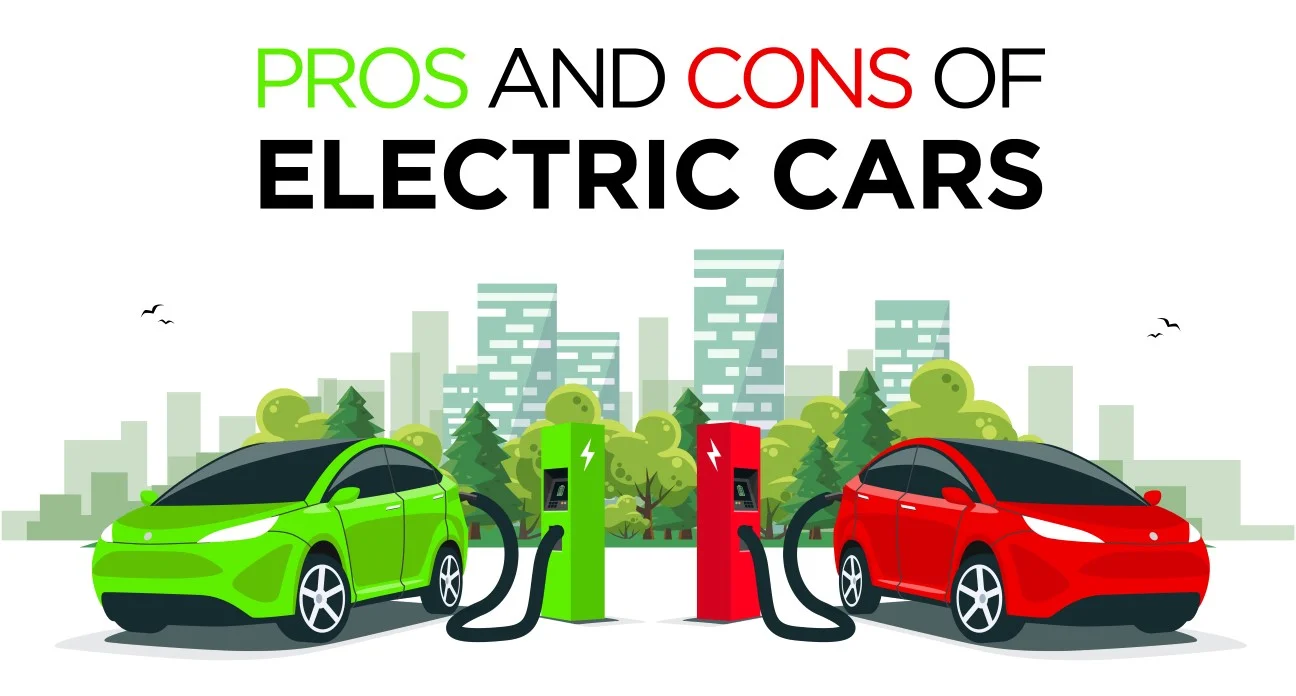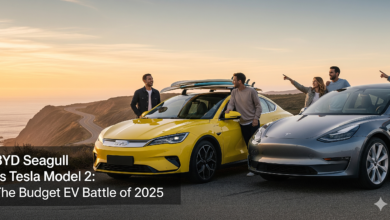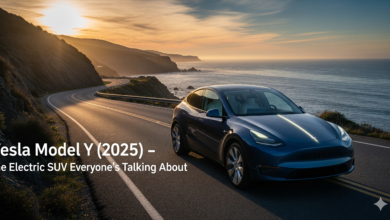The Pros and Cons of Switching to Electric Vehicles
The global shift towards sustainability has brought electric vehicles (EVs) to the forefront of the automotive industry. As governments, companies, and individuals work to combat climate change and reduce reliance on fossil fuels, EVs are increasingly seen as a promising solution. However, like any major technological advancement, switching to electric vehicles comes with its own set of advantages and challenges. This article explores the pros and cons of transitioning to electric vehicles, providing a comprehensive overview to help consumers and policymakers make informed decisions.
The Pros of Electric Vehicles
1. Environmental Benefits
One of the most significant advantages of electric vehicles is their potential to reduce greenhouse gas emissions. Unlike traditional internal combustion engine (ICE) vehicles, EVs produce no tailpipe emissions, significantly cutting pollutants like carbon dioxide and nitrogen oxides. This benefit is amplified when EVs are charged using renewable energy sources such as wind, solar, or hydroelectric power.
2. Lower Operating Costs
Electric vehicles are generally more cost-effective to operate compared to gasoline or diesel-powered cars. Electricity is cheaper than fossil fuels in most regions, and EVs have fewer moving parts, which translates to reduced maintenance expenses. Owners can save on costs related to oil changes, spark plugs, and exhaust system repairs, which are typical for ICE vehicles.
3. Enhanced Performance
EVs are known for their instant torque and smooth acceleration. Electric motors provide consistent power delivery, resulting in quicker response times and a more enjoyable driving experience. Additionally, many EVs feature advanced technologies such as regenerative braking, which helps optimize energy efficiency.
4. Government Incentives
To encourage EV adoption, many governments offer financial incentives such as tax credits, rebates, and reduced registration fees. In some countries, EV owners also benefit from perks like free parking, access to high-occupancy vehicle (HOV) lanes, and exemptions from congestion charges.
5. Energy Independence
Switching to electric vehicles can reduce a country’s dependence on imported oil, enhancing energy security. By relying on domestically produced electricity, nations can stabilize energy costs and promote local energy industries.
6. Technological Innovations
The rise of electric vehicles has spurred innovation in related technologies, including battery storage, renewable energy integration, and autonomous driving systems. These advancements have broader implications, contributing to a more sustainable and connected future.
The Cons of Electric Vehicles
1. High Upfront Costs
Despite falling prices, electric vehicles remain more expensive to purchase than their ICE counterparts. While the total cost of ownership may eventually favor EVs due to lower running costs, the initial investment can be a significant barrier for many consumers.
2. Limited Driving Range
Range anxiety—the fear of running out of battery power before reaching a charging station—remains a common concern among potential EV buyers. Although modern EVs offer improved ranges, they still fall short of the distances covered by gasoline-powered cars on a single tank.
3. Charging Infrastructure Challenges
The availability and accessibility of charging stations vary widely by region. While urban areas may have ample charging facilities, rural and remote locations often lack sufficient infrastructure. Moreover, charging an EV takes longer than refueling a conventional car, which can be inconvenient for long-distance travel.
4. Battery Production and Disposal
The production of EV batteries involves mining materials such as lithium, cobalt, and nickel, which can have significant environmental and ethical implications. Furthermore, improper disposal of used batteries poses risks to ecosystems and human health. Efforts to improve battery recycling and develop sustainable alternatives are ongoing but not yet widespread.
5. Dependence on the Electric Grid
As the adoption of EVs grows, the demand for electricity will increase, potentially straining existing grids. Regions that rely on fossil fuels for electricity generation may see limited environmental benefits from EV adoption unless the grid transitions to cleaner energy sources.
6. Cold Weather Performance
Electric vehicles often experience reduced efficiency in cold climates. Low temperatures can decrease battery performance, reducing driving range and increasing charging times. While manufacturers are working to address these issues, they remain a concern for drivers in colder regions.
Striking a Balance
For Consumers
For individuals considering the switch to an EV, it is essential to weigh the pros and cons based on personal circumstances. Factors such as daily driving habits, access to charging infrastructure, and long-term financial goals play a crucial role in determining whether an EV is the right choice.
For Policymakers
Governments have a pivotal role in facilitating the transition to electric mobility. Policies should aim to address barriers such as high upfront costs and insufficient charging infrastructure while promoting renewable energy integration and sustainable battery production.
For Automakers
Manufacturers must continue to innovate to make EVs more affordable, efficient, and environmentally friendly. Collaboration with stakeholders across the supply chain is critical to overcoming challenges related to battery production, recycling, and grid integration.
The Road Ahead
The transition to electric vehicles is a complex yet necessary step toward a sustainable future. While challenges remain, the benefits of EVs in reducing emissions, lowering operating costs, and fostering technological advancements are undeniable. By addressing current limitations and investing in supportive infrastructure, stakeholders can ensure that the shift to electric mobility is equitable, efficient, and impactful.
Ultimately, the decision to switch to an EV will vary from person to person. However, as the technology evolves and awareness grows, the allure of electric vehicles as a cleaner and smarter alternative to traditional cars will likely continue to gain momentum. The journey toward a greener future has begun, and EVs are poised to play a starring role in driving the change.



